Economically, politically, and socially, we're in a polarized and tumultuous time in human history. The divide between the rich and the poor has never been wider. Republicans and Democrats are as polarized as the sun and moon, only eclipsing briefly for national tragedies and sporting events. Beneath the mask of fashion influencers and goats in pajamas, seething feuds are running red through our Facebook and Twitter feeds.
While everyone is and should be entitled to their own beliefs, our opinions, attitudes, and preconceived notions can cause serious rifts in the workplace. For an organization to be successful, employees and leaders alike need to feel comfortable in their environment and be able to express themselves freely.
As an organization grows, confrontation, disagreements, and miscommunication can occur, and that's okay. It's how we handle these issues that is so critical to a healthy, diverse, and inclusive corporate culture. To help ensure the organizational ship stays righted, read on to learn how company leaders and staff can use mindfulness to create a workplace that employees want and customers appreciate.
It All Starts with You
Both leaders and employees need to operate with confidence, and by saying this, we don't mean arrogance. We mean self-assuredness. Feelings of uncertainty, mixed with the pressure to succeed, can lead people to react poorly, assign blame, make insensitive remarks, and ultimately, create a toxic work environment.
However, confident leaders and staff don’t snap under pressure, nor are they too stiff to flex during times of organizational change. But how can you foster a positive self-regard? Be mindful. More specifically, meditate with an intention to:
Take stock of your personal strengths and weakness
Catalog what you can and can’t control
Reflect on concepts to which you should be more open
Send love and kindness to coworkers (especially those you have negative feelings toward)
By having a strong foundation of self-concept, you'll be better positioned to set realistic goals for your team, react appropriately to adversity, and collaborate with people with different opinions, beliefs, and experiences.
When workers feel comfortable at work, they're going to bring more to the table. Remember, everyone has had unique life experiences that have shaped who they are. These experiences are also what they draw from to find solutions to organizational challenges. If employees do not feel comfortable drawing from and sharing their own experiences, they're going to limit the variety of ideas, suggestions, and concepts they discuss.
For organizations, this employee withdrawal means less innovation, collaboration, and productivity. By being mindful of our judgments, we can maximize our team's creativity, capitalize on a wider variety of experiential knowledge, and increase opportunities for collaboration.
Mindfully Avoid Microaggressions
If you’re unfamiliar, microaggressions are “brief and commonplace daily verbal, behavioral, or environmental indignities, whether intentional or unintentional, that communicate hostile, derogatory, or negative racial slights and insults toward people of color,” as defined by Columbia University research. We’d argue that microaggressions can also be directed toward a variety of genders, sexual identities, and religious beliefs.
So why are these slights and insults known as “microaggressions?” As Columbia University notes, “Perpetrators of microaggressions are often unaware that they engage in such communications.” However, just because people are unaware that they’re using microaggressions, that doesn’t make it hurt any less to the receiver of the message.
A 2018 survey by NBC News showed that nearly one in four people had experienced racial discrimination in the workplace, and Pew Research found that more than four in ten women have faced gender discrimination in the workplace. While this discrimination isn’t always blatant, it is still subversive.
Before writing off a person's idea too quickly, making a remark, or cracking an insensitive joke, take an extra moment to consider how that will make people feel. Taking an extra second can help you avoid miscommunications and microaggressions.
The Power of Acknowledgement and Apologies
Many insensitive comments often come from our unconscious biases, and for that reason, people often don’t realize what they’ve said was offensive until after the fact or until someone addresses it. Regardless of how an insensitive comment resurfaces, be mindful of how it may have made someone feel. If people are hurt, tell that person you’re sorry and acknowledge the microaggression. You’d be amazed at how far a heartfelt apology can go.
Should someone bring a microaggression to your attention, never minimize his, her, or their feelings. This kind of behavior is referred to as a microinvalidation, which suggests someone’s experiences and opinions aren't valid. Instead, stay mindfully present in the conversation and take note of how the person feels.
To create an environment where everyone feels comfortable and can be at their most productive, it’s often helpful to create a time of the week or a space to discuss these topics non-judgmentally and as objectively as possible. As Forbes Contributor and behavioral scientist, Dr. Pragya Agarwal recommends, it’s essential to focus on the microaggression rather than the micro-aggressor in order to avoid pointing blame.
Should you be the micro-aggressor, consider these judgment-free sessions as a place to ignite an intention-based meditation. While it may seem insignificant to use someone’s correct pronoun or avoid gender or race specific jokes, it makes a significant difference in the wellbeing of your workplace.
Workshop Your Thoughts
From Google and General Mills to Target and Cisco, companies are realizing the vast array of benefits mindfulness brings to their leaders and employees. When it comes to building a workplace free of discrimination and prejudice, you first need to confront your own biases and attitudes, and then mindfully acknowledge and change them.
Taking a mindful approach to these questions can dredge up uncomfortable conversations and opinions. However, by establishing a judgment-free zone, where microaggressions can be analyzed, we can minimize the frequency of issues in the workplace and foster a company culture that is both good for business and for staff. If you are interested in growing your business and establishing a deeper connection between your leadership teams and employees, reach out to Mindfulness Strategies.




